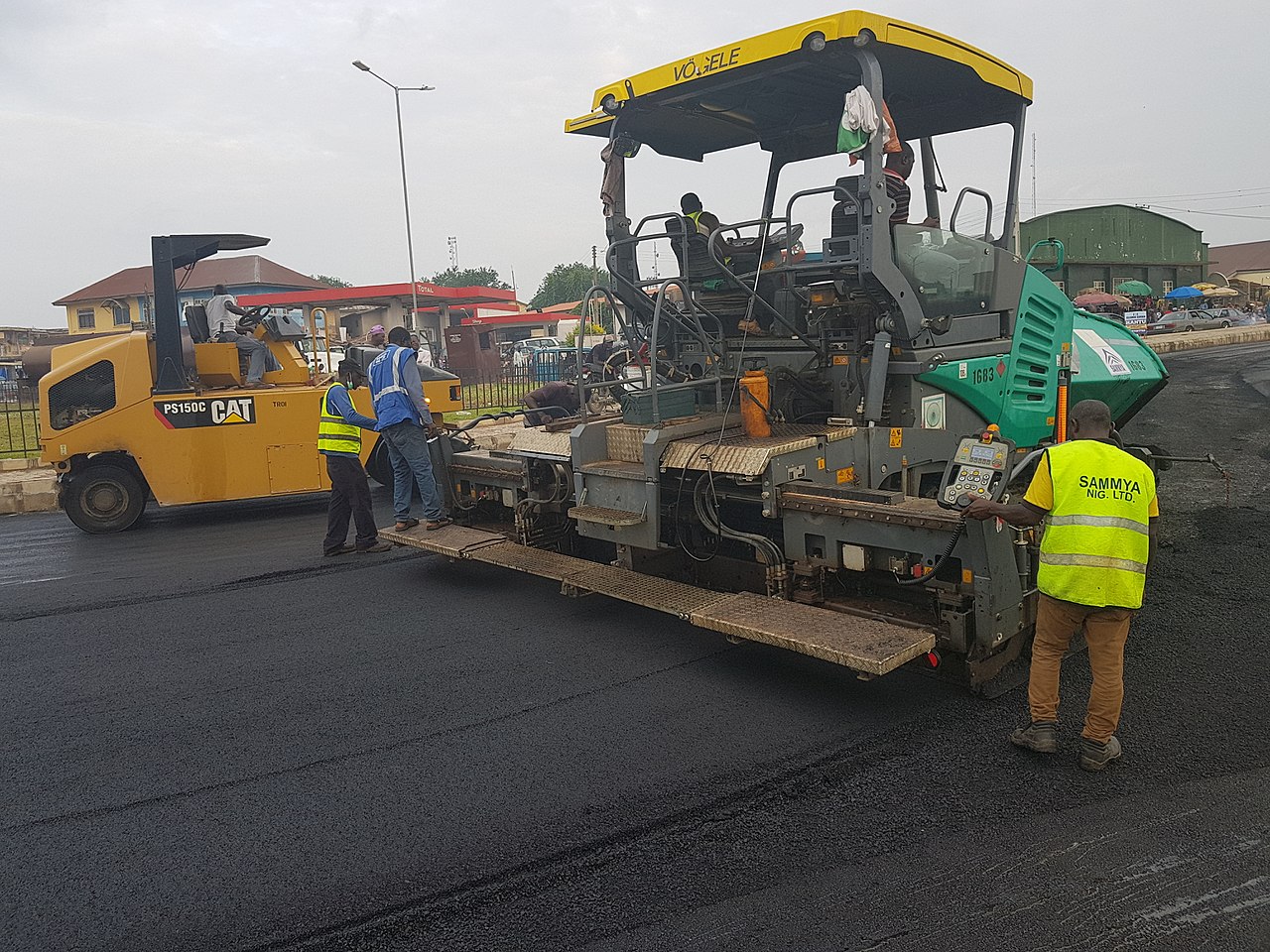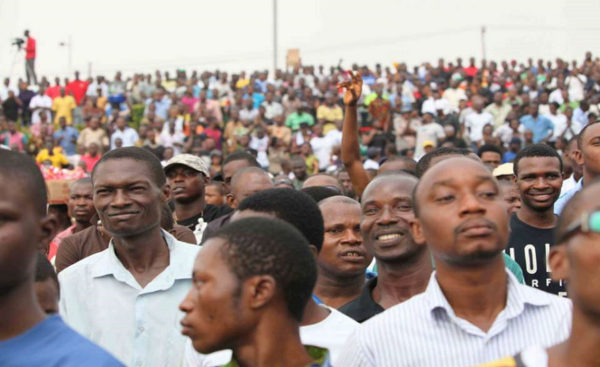
By Tanko Momoh
Tension has eased in Nigeria as parent bodies of labour unions suspended the national strike slated to begin today, September 28, 2020 after the federal government agreed to suspend electricity tariff hike and to involve labour in national economic issues.
The suspension of the strike was announced by the Nigeria Labour Congress (NLC), a parent body of 65 workers’ unions and the Trade Union Congress (TUC), a main organ of senior staff.
The strike had been called to also make government to reverse the recent increase in price of petrol following the full deregulation of the downstream sector of oil industry and removal of subsidy in petroleum products.
Labour leaders and representatives of government agreed to suspend hike in electricity tariff for two weeks pending the outcome of a technical committee to determine the merit of such an increase.
The technical committee comprised ministries, departments, agencies, NLC and TUC, and will work for a duration of two weeks effective 28th September 2020.
It would examine the justifications for the new policy on electricity tariff in view of the need for the validation of the basis for the new cost reflective tariff as a result of the conflicting information from the fields which appeared different from the data presented to justify the new policy by Nigeria Electricity Regulatory Commission (NERC).
The committee would also look at metering deployment, challenges, and timeline for massive roll – out.
Labour should henceforth be represented in the boards of Electricity Distribution Companies (DISCO) in which the federal government is holding 40 percent shares.
The committee would advise Government on the issues that have hindered the deployment of the six million meters and look into the NERC Act under review with a view to expanding its representation to include organized labour.
In the petroleum sector, the parties agreed on the urgency for increasing the local refining capacity to reduce the over-dependency on importation of petroleum products.
This they agreed, would ensure energy security, reduce cost of finished products, to increase employment and business opportunities for Nigerians.
The Nigerian National Petroleum Corporation (NNPC) is to expedite the rehabilitation of the nation’s four refineries located in Port Harcourt, Warri and Kaduna and to achieve 50 percent completion for Port Harcourt by December 2021, while timelines and delivery for Warri and Kaduna will be established by the inclusive Steering Committee.
“To ensure Commitment and transparency to the processes and timelines of the rehabilitation exercise, the management of NNPC has offered to integrate the national leadership of the Nigeria Union of Petroleum and Natural Gas Workers (NUPENG) and Petroleum and Natural Gas Senior Staff Association (PENGASSAN) into the Steering Committee already established by the Corporation.’’
A Validation team comprising the representatives of the NNPC, Nigeria Extractive Industries Transparency Initiative (NEITI), Infrastructure Concession Regulatory Commission (ICRC), NUPENG and PENGASSAN will be established to monitor progress of the rehabilitation of the refineries and the pipelines and strategic depots network.
“Post rehabilitation, NNPC shall involve the PENGASSAN and NUPENG in the process of establishing the operational model of the Nation’s refineries.’’
The Federal Government would facilitate the delivery of licensed modular and regular refineries, involvement of upstream companies in petroleum refining and establishing framework for financing in the downstream sector.
NNPC would also expedite work on the Build Operate and Transfer framework for the nation’s pipelines and strategic depots network for efficient transportation and distribution of Petroleum products to match the delivery timelines of the refineries as agreed.
The Federal Government and its agencies would ensure delivery of 1 million CNG/LPG AutoGas conversion kits, storage skids and dispensing units under the Nigeria Gas Expansion Programme by December 2021 to enable delivery of cheaper transportation and power fuel.
“A Governance Structure that will include representatives of organized Labour shall be established for timely delivery.
In order to cushion the impacts of the downstream sector deregulation and tariffs adjustment in the power sector, the Federal Government has agreed to implement some palliative measures within two weeks.
The measures included Economic Sustainability Programme Intervention Fund to be accessed by workers , expeditious agricultural ventures, facilitation of the removal of tax on minimum wage.
It was also agreed that 10 percent of houses be allocated to workers under the ongoing Ministry of Housing and Finance initiative through the NLC and TUC.
The agreement was signed by on September 27, 2020 by Mr Ayuba Wabba, the President of NLC, Mr Quadri Olalaye of TUC, and representatives of petroleum unions as well as high ranking government officials, including labour minister.













